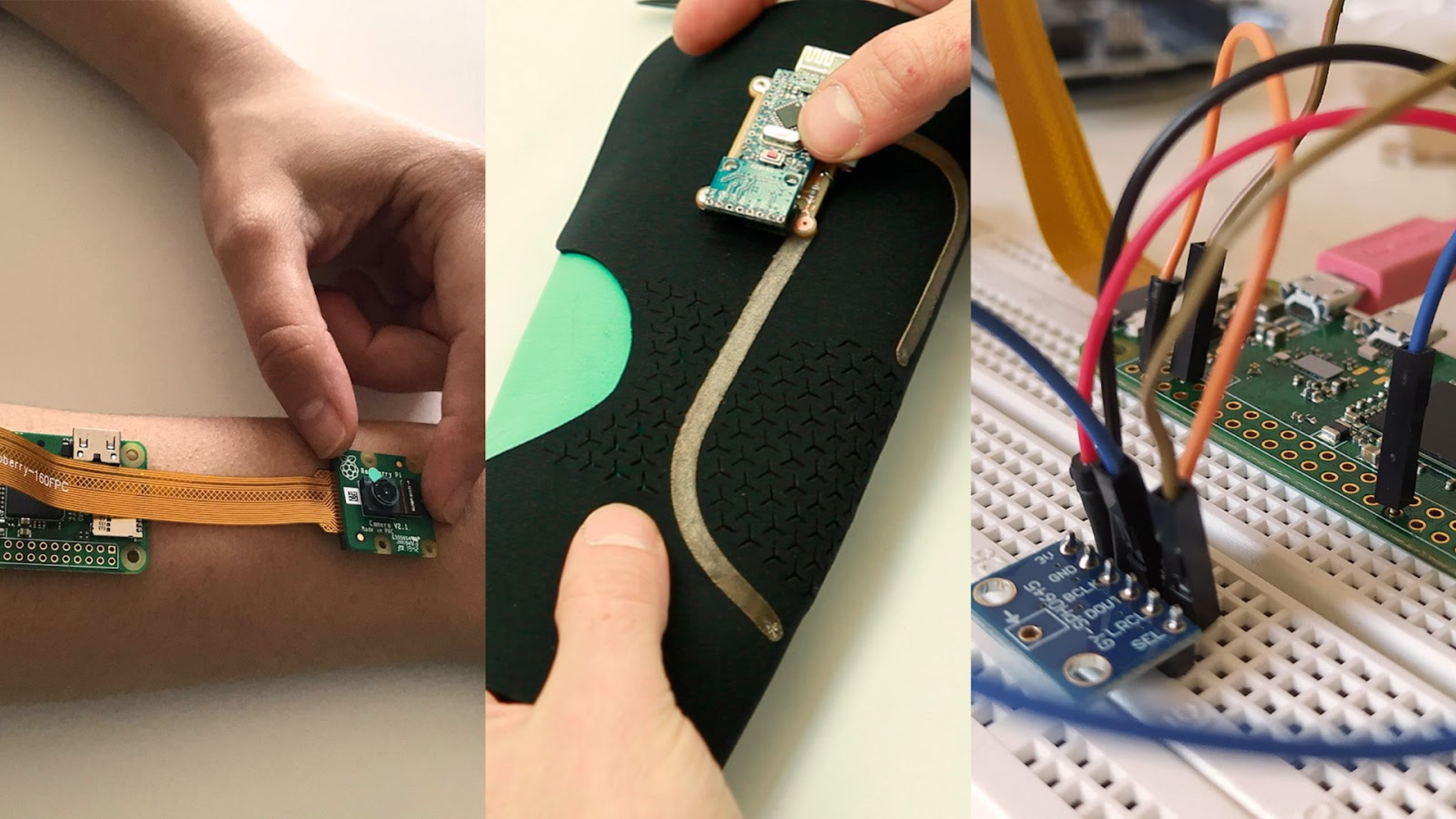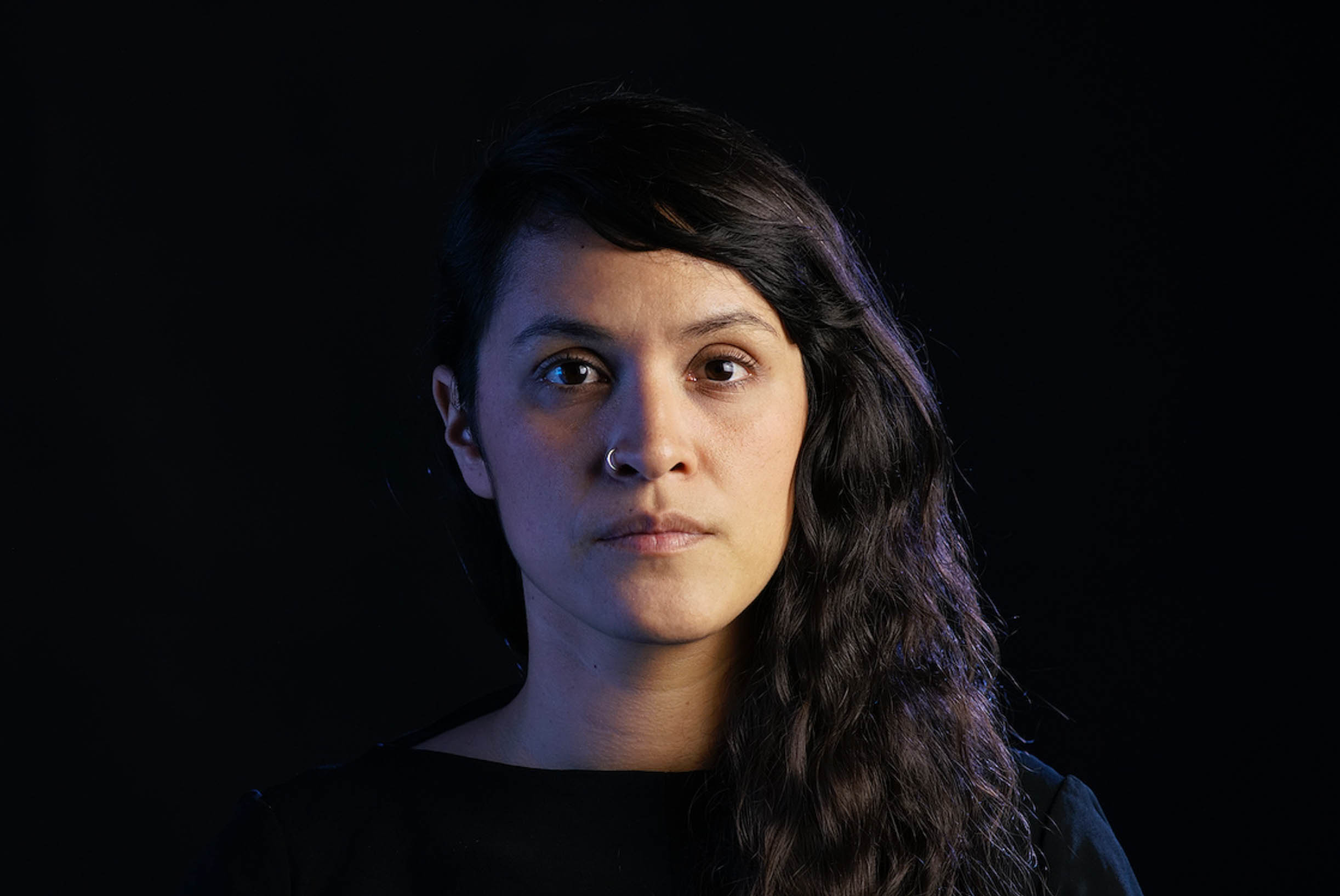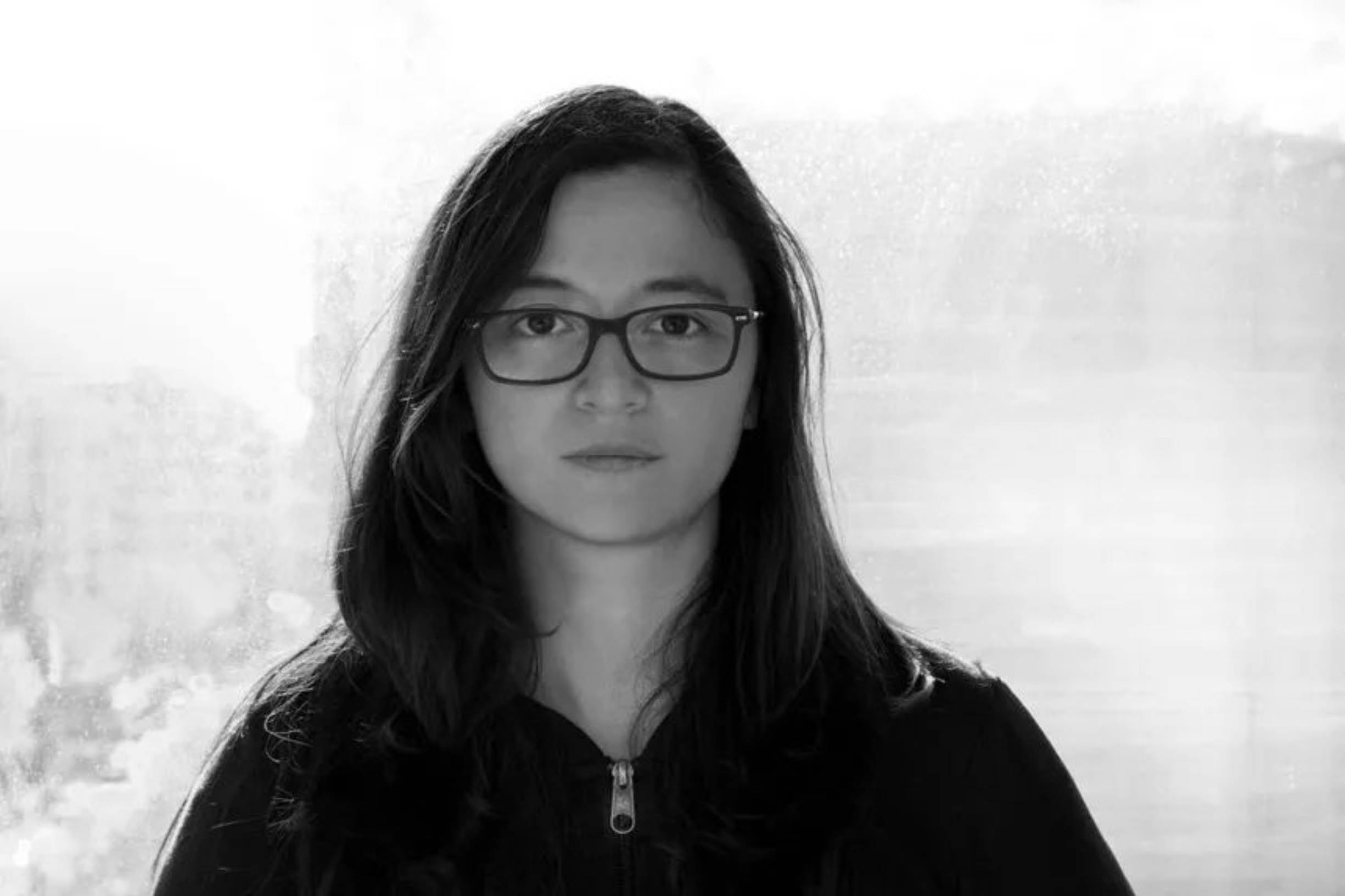Syllabus⇝
The human body is both the source and the expression of emotions. In today’s digital era, where virtual environments mediate social interactions, the body finds new ways to be present, leading to a shift in how emotions are communicated. From an interdisciplinary approach, this workshop explores concepts related to affective computing, embodiment, creative coding and prototyping. Participants will use their bodies to sense and capture its behaviors, and will create prototypes to record this data. They will learn to build DIY wearable sensors to track bodily behaviors and explore ways to transform this information into visual or sound representations. The workshop proposes to introduce embodied interaction as a framework to explore how the experiences of the body can play a significant role in the way we conceptualize and engage with technology.
Keywords: Embodiment, Biometrics, Sensing, data drawing, Sound, Electronics, Prototyping, Interaction
Schedule⇝
Week 1: Embodied Interaction.⇝
During this week, students will explore the possibilities of gathering data from the body to create a record/register by visualizing and sonifying the results. The sessions will progress using Arduino and sensors to detect actions, p5.js to use the camera, sound and the creation of geometries, and ml.js to be able to use machine learning to gather data. At the end of the week students will have the task to develop a prototype based on the given exercises.
Tue 11/02 - 16:00 to 19:00 Hrs. Citlali Hernández Embodied Interaction
- The body as an interface in design and artistic practices.
- Fabricating Sensors for the body
- Reading Sensors for the body
- From physical to digital data drawings
Thu 13/02 - 9:30 to 13:30 - Lina Bautista Listening Data and data sonification
- Parameters of sound as input data
- Sound identification and classification with machine learning
- Creating and manipulating sound
Fri 14/02 - 9:30 to 13:30 - Citlali Hernández Affective Computing
- Using machine learning for emotion recognition.
- Drawing using time.
- Group tasks: Concept and prototype development (physical and digital).
Week 2: Project development⇝
During the second week of the workshop, students will focus on refining and developing the ideas generated by their groups, integrating the concepts of embodied interaction with the techniques explored in previous sessions. The main objective is to connect the tools and methods introduced in class to a collaborative group proposal. Each group will design, develop, and present a device (physical and digital) capable of capturing data from the body and translating it into a meaningful visualization.
Thu 27/02 15:00 to 19:00 Hrs- Lina Bautista Recap from the first week
- Review of prototypes
- Project development.
Fri 28/02 - 9:00 to 16:00 - Citlali Hernández & Lina Bautista Project development
- Fine tuning of physical and coding aspects.
- Presentation preparation.
- FINAL PRESENTATION (14:30 to 16:00)
Materials⇝
All materials needed for the course will be provided by the faculty. The students are required to bring to the classes their own students toolkit and the programming boards given to them at the start of the academic year, other development boards, sensors and actuators will be provided during the classes. Bring in your laptop with the proper software installed prior to the class if required (emails will be sent prior to the classes regarding this aspect).
Faculty⇝
Citlali Hernández Sánchez is an Industrial Designer from the Centro de Investigaciones de Diseño Industrial (UNAM) and a graduate of the Master's in Digital Arts from Pompeu Fabra University in Barcelona. As an artist, her work explores the relationships between interaction and the moving body, using open technologies that she develops and manufactures herself. Her installations and performances have been presented at various international events and festivals, including the International Symposium of Electronic Arts (ISEA), Ars Electronica Garden Barcelona, Loop Festival, Live Performers Meeting, International Conference on Live Coding (ICLC), JustMad, among others. She collaborated with the digital art association Matics Barcelona (2016-2022) and is actually part of the creative coding studio Axolot.cat where she coordinates and produces cultural projects focused on electronic art and its intersections with critical thinking. Currently, she is preparing her practice based PhD centered on interactive systems, body and identity within contemporary transdisciplinary artistic practices. She also works as a specialist in design, digital fabrication, and interactive systems instructor at different academic institutions, applying these principles to design and the arts.
Lina Bautista studied music composition in Bogotá, Colombia, and completed her studies in composition and new technologies, Interactive Musical System Design, and Sound Art in Barcelona. With her musical project Linalab, she has produced several albums and performed on stages worldwide. She is a member of various collectives such as Toplap Barcelona, Familiar DIY and Axolot.cat Collective. She is also affiliated with music labels such as Synth Vicious and Aloud Music, and she teaches at several universities in Barcelona. Lina Bautista has been involved in the management of five European projects (Creative Europe, Erasmus+). She co-directed the Creative Europe-funded project "on-the-fly" and was part of the organizing committee at the International Conference on Live Coding in Utrecht 2023.


